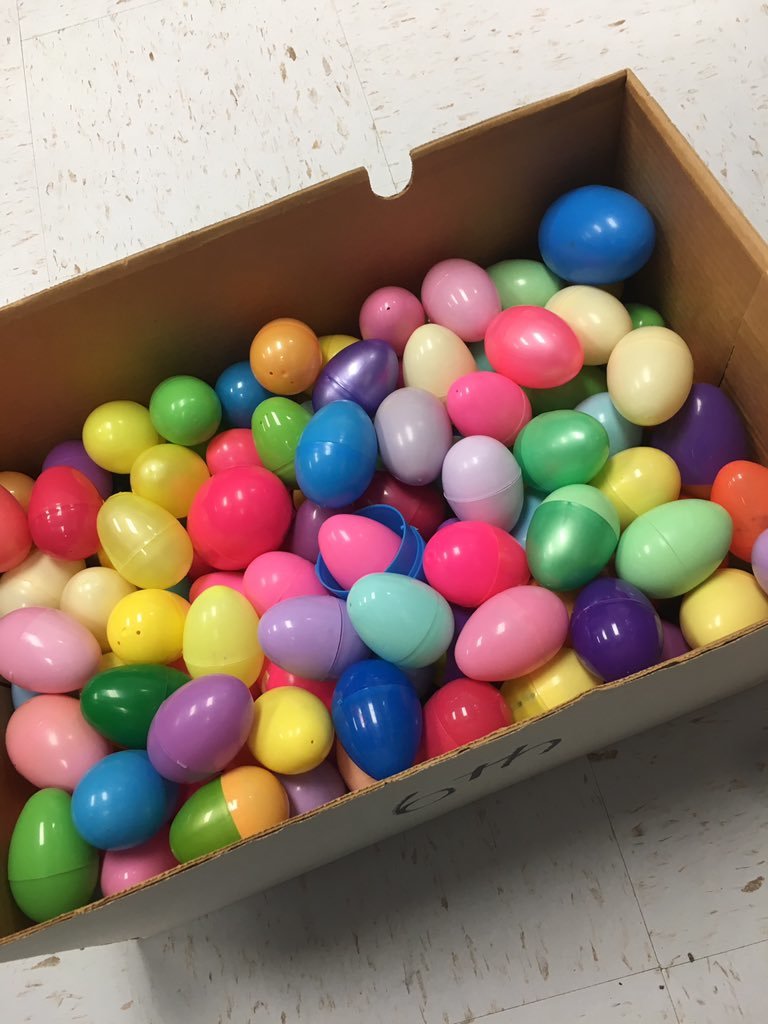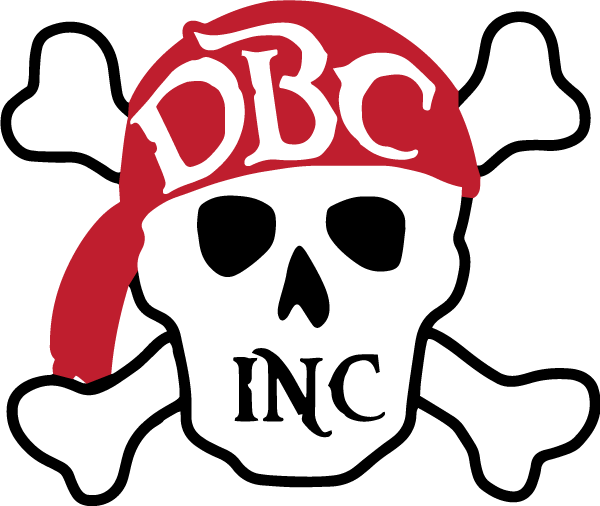John Meehan has issued a challenge to educators around the world--the #EggDashChallenge! Get ready for some fast and furious fun with this blog! Did you know John has a book coming out with us later this year?
EDrendaline Rush! Stay tuned!
For now...checkout this fun way to utilize those plastic eggs lying around during this time of the year.


Guest Post by John Meehan
Ready to join a learning revolution? You’ll have to break a few eggs…
Easter is nearing, and plastic eggs are everywhere!! So we’re kicking off the first annual #EggDashCallenge, and inviting teachers all over the world to transform any old worksheet into a high-energy review game. Here’s how to play!
The Game:
1. Take any normal worksheet with review questions.
— John Meehan (@MeehanEDU) March 21, 2019
2. Cut the sheet into slips.
3. Hide those slips in plastic eggs.
Teams collect and egg at random then race back to their team compete to solve as many as they can before time expires! Rinse and repeat. #EDrenaline pic.twitter.com/Sg5Xo4Vt8K
The Rules:
- Students work in teams with 4-5 classmates in desk groups.
- Place the “Egg Pile” in the center of the room.
- Start a timer on the overhead board. Highest point total by the end wins!
Some Considerations:
- Make sure to number your questions!
- Keep things safe by reminding teams that they are ONLY allowed to solve questions while seated with their desk group (no “texting and driving,” so to speak).
- Consider revealing hidden point values at the very end of your game, which adds an awesome element surprise.
To Join the Fun:
- Capture 30 seconds or so of real-time video of your classes doing the Egg Dash Challenge (just like the video above)!
- Post your video to social media using the hashtags #EggDashChallenge and #EDrenaline.
- It’d be super cool if you followed me on Twitter @MeehanEdu! And when you post your video, CHALLENGE A FRIEND TO JOIN THE FUN !
Some Frequently Asked Questions:
- Can I use something other than plastic eggs?
YES! We’ve had teachers using everything from plush Fortnite Loot Llamas, plastic test tubes, brown paper bags, good old fashioned envelopes. You name it! - Can this work in my content area?
You betcha! If you’re teaching something like literature and poetry, consider providing students with a printed copy of the text, numbering certain items throughout the piece, and then having students solve for the numbered items as they draw numbered prompts from the plastic eggs. The activity is super flexible. - Can I throw in a few other surprises?
Big time! Consider loading some eggs with a freebie bonus item (+5 points, draw 2 next time, etc.), or a troublemaking penalty (like no question and just -5 points, etc.). - How long should this activity last?
Totally up to you! Nobody knows the unique needs of your kids and your classroom better than you do — so go with your gut. Five minutes works great for my students, but this could easily scale up or down according to your needs.
Overwhelmed and overjoyed to see so many educators excited to make use of this review activity! But in all of the excitement, there were a handful of teachers who expressed some concern about certain elements of the activity that weren’t quite captured in the 30 second video, so I wanted to take a moment to offer a bit more clarity and encourage you to do the same. Turns out that viral videos can be great at conveying excitement, but they do have a tendency to fall short in the world of nuance:
A Bit More Clarity:
- CONSENT MATTERS.
The original video was filmed as part of a totally voluntary teacher training day, where participants signed up in advance to “test drive” games and game-inspired pedagogy with an outside speaker (me). We began the activity by making informed consent a clear point of emphasis, and I implore all teachers to do the same in their own schools or classrooms — especially if they’re planning to capture the event on video. Nobody should ever be “forced” to take part in a physical activity. - ABLEISM IS UNCOOL.
Our training day welcomed 70 teachers of varying ages and experience levels, and featured educators in their 20s and others in their 70s. The relay race element adds some kinesthetic life to the event, but each team could select their own “runner” (or choose a different runner for each round). Folks unable, uncomfortable, or unwilling to race are still equal members of their teams! And all learners are welcome and encouraged to help provide answers when their teammate returns to the desk group. - SCAFFOLDING WORKS.
After the activity was over, we discussed different ways that teachers could consider scaffolding this activity in order to add more complexity, strategy, and choice. Color coding questions of varying degrees of difficulty in differently colored shells, for example, is an “egg-celent” way to reward curiosity over random luck.
- THERE’S SO MUCH MORE TO GAMIFICATION.
Finally, I think it’s important to note that the egg race you see in the video was merely an after-lunch icebreaker to help everyone settle back in for the afternoon. This simple egg race was just a very small part of an 8 hour exploration of educational research and the “whys” behind game design — and folks needed a breather to get back into the day after a full morning of educational theory and hands-on play testing with more comprehensive pedagogical approaches like#QRBreakIN and Text Quest — the scope of which can often seem a bit daunting for newcomers to the world of gamification. Likewise, we’d just spent the morning diving deep into some pretty heady waters of motivational psychology, with lots of new information to process all at once from the seminal works of Hungarian psychologist Mihály Csíkszentmihályi (Flow State), Dutch historian Johan Huizinga (The Magic Circle), 20th century French theorist Roger Caillois, Polish philosopher Josef Pieper, Italian school reformer Maria Montessori, and their modern education contemporaries such as 21st century Stanford educator Carol Dweck (Growth Mindset), Yale University critic and historian Sara Lewis, PhD, American author and game designer Jane McGonical, PhD, British MMORPG gaming pioneer Richard Bartle, PhD, Elon University professor Tony Weston, and Cornell professor Thomas Gillovich. In short, there are many levels to gamification! But sometimes the brain just needs a break.
Have fun with the challenge and don't forget to tag me on Twitter @MeehanEDU and use the hashtag #EggDashChallenge!
- John
Thank you, John!
Wow! I can't wait to see the world take the #EggDashChallenge by storm! Let's do this thing!
Don't forget to keep a lookout for John's book--EDrendaline Rush! It's all about game-changing student engagement inspired by theme parks, mud runs, and escape rooms! We can't wait to release John's manifesto!!

